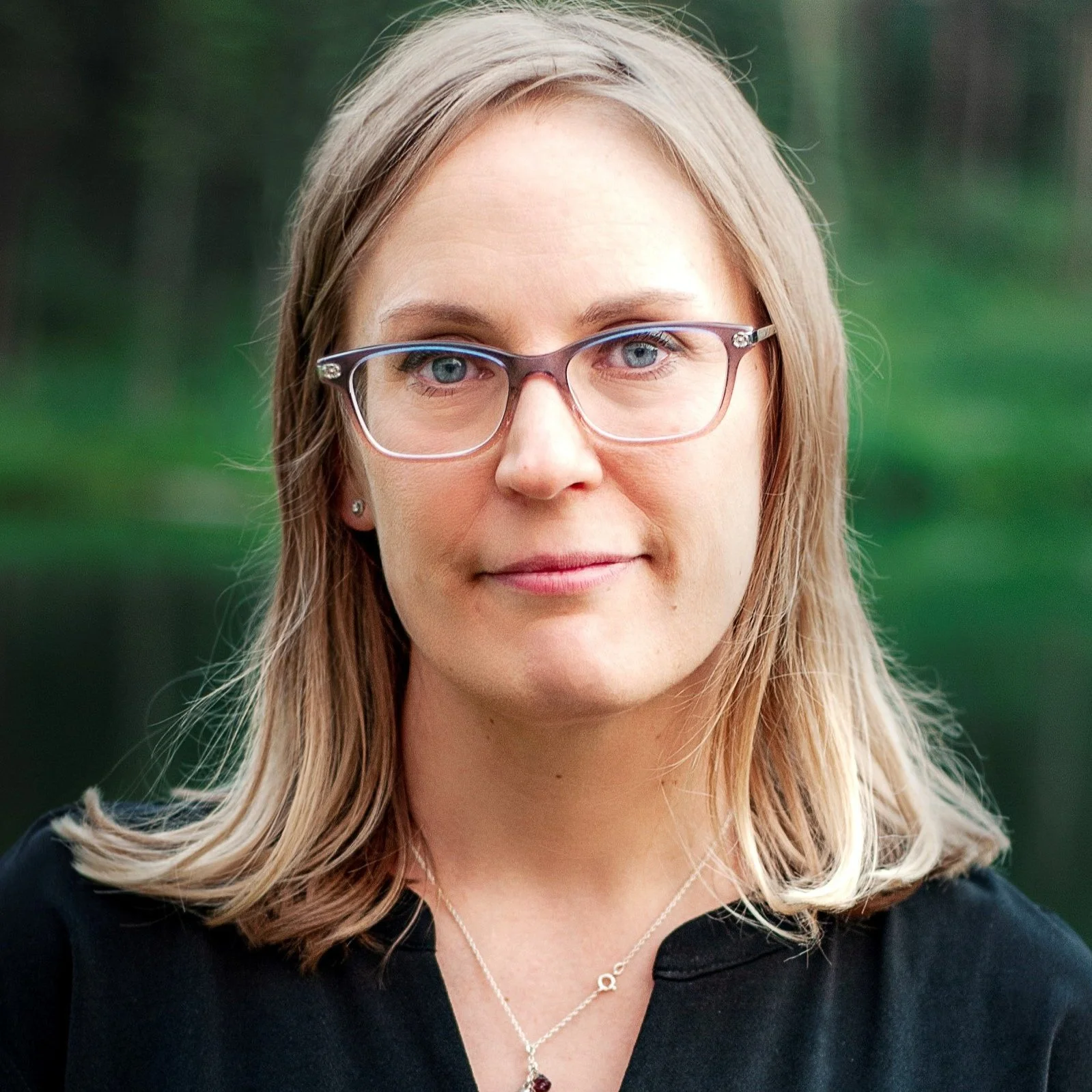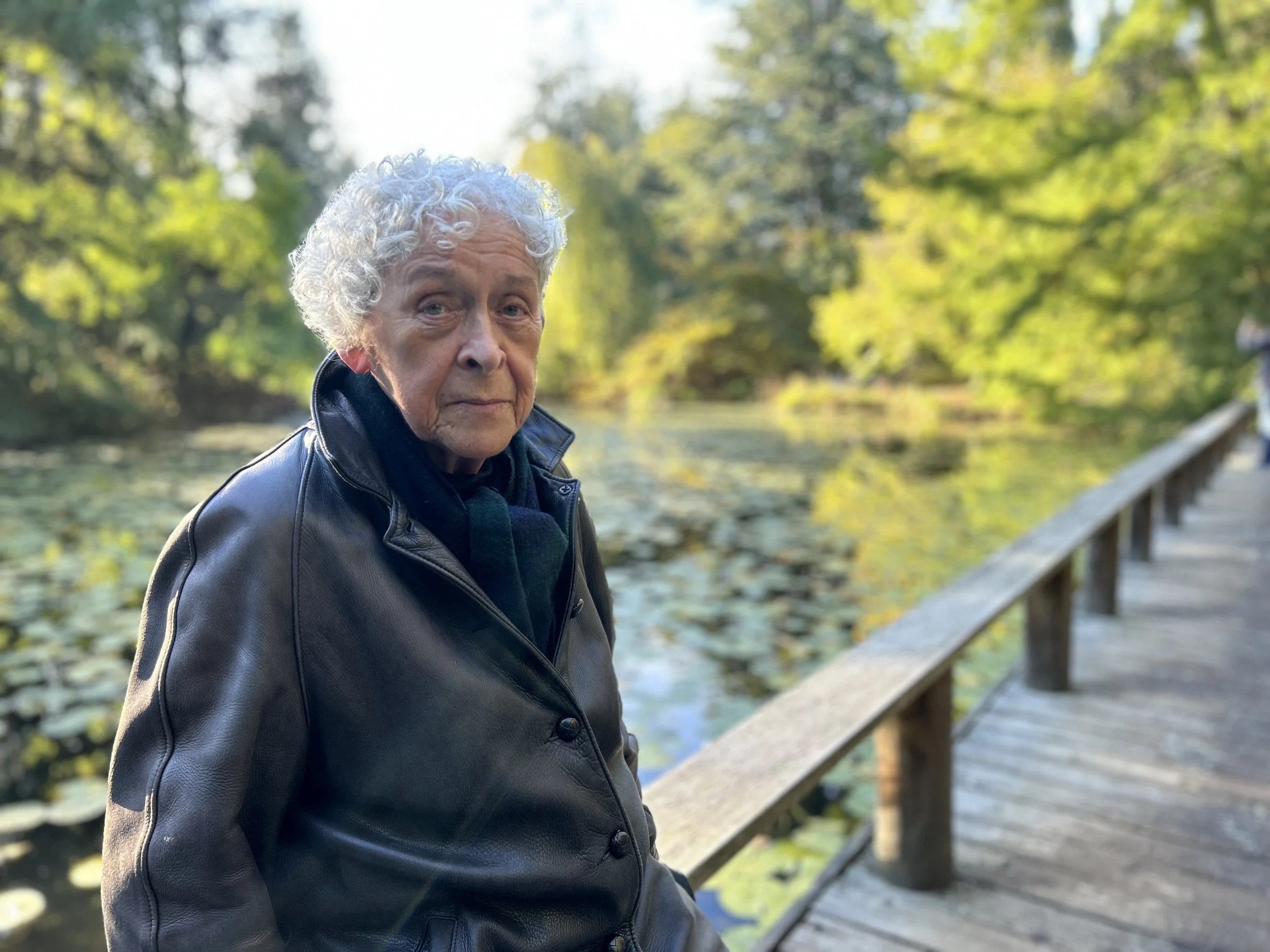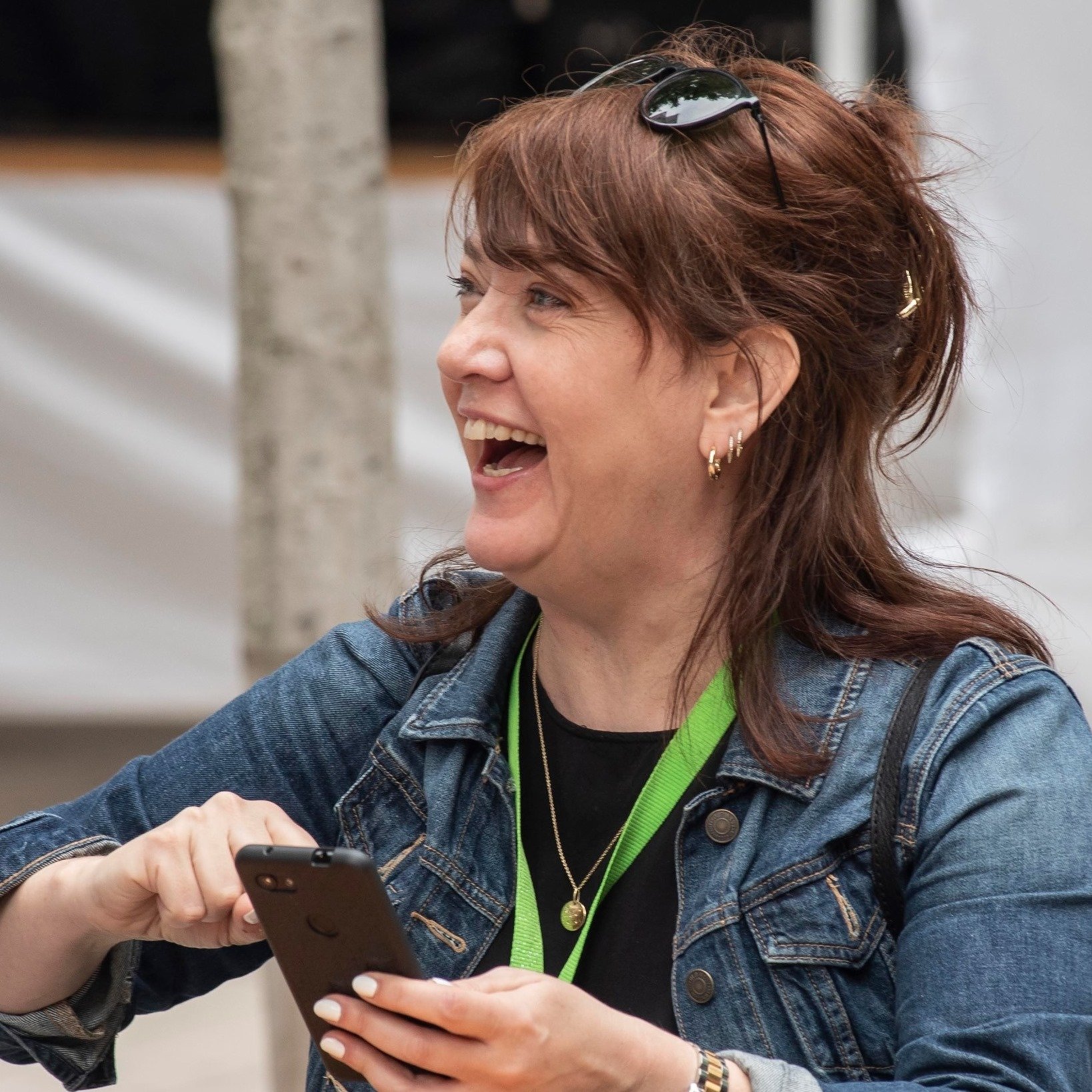ArtsVote campaign urges Canadians to cast their ballot with arts and culture sector in mind
Calling for an “urgently needed” funding increase, nonpartisan Canadian Arts Coalition initiative provides resources on platform promises
.
AHEAD OF CANADA’S federal election on April 28, the Canadian Arts Coalition is continuing its ArtsVote campaign, which calls for renewed support of the arts and culture sector.
The nonpartisan initiative includes educational tools to help inform voters about each political party’s promises. The coalition’s website outlines several of the key arts-related platform pledges made by the Liberal Party, Conservative Party, NDP, Green Party, and Bloc Québécois. Among the other resources available are links to official voting information and updates on debates.
The ArtsVote campaign also includes a request made by the Canadian Arts Coalition in an August 2024 document submitted to the Government of Canada during pre-budget consultations. The coalition is asking for the government to permanently allocate at least one percent of its overall spending towards the arts, culture, and heritage sector (up from an estimated 0.94 percent for 2024-25). That would mean an increase of $270 million for the 2025-26 fiscal year, of which $140 million would go to the Canada Council for the Arts and $130 million would go to the Department of Canadian Heritage.
“The crisis in our sector is now, and the Government of Canada must step in urgently to fill in the gap,” reads the report, which also adds that the coalition believes “an investment in our sector is not only overdue but urgently needed”.
Canadian Arts Coalition member April Britski has been executive director of the national association CARFAC (which stands for Canadian Artists’ Representation/Le Front des artistes canadiens) since 2006. “We know there are many competing priorities in this election campaign,” she tells Stir. “All parties included some mention of culture in their platforms, so we hope they will all support this ask under a newly formed government.”
April Britski.
Britski says that while the Liberal Party’s official platform does promise to support Canadian artists and creators with increased funding to the Canada Council for the Arts, the National Film Board, and other agencies, “it stopped short of a full commitment” to the coalition’s one-percent goal. At a recent debate on Canadian cultural sovereignty broadcast by CPAC, Steven Guilbeault, the Minister of Canadian Culture and Identity, said that the Liberal Party has been working toward a large investment in arts, culture, and heritage.
“We remain hopeful that should the Liberals be elected, a Carney-led government would make a significant investment in our sector,” Britski says.
The NDP would also invest in the CBC, while the Conservative Party has pledged to defund the CBC and would put some of those funds towards Indigenous-language media and the Local Journalism Initiative. The Green Party is promising significant increases for national organizations such as the Canada Council for the Arts and Telefilm Canada, and permanent funding specifically for festivals and events. The Bloc Québécois has vowed to transfer control of all federal arts- and culture-related legislative and funding powers pertaining to Quebec over to that province.
The Canadian Arts Coalition is an advocacy movement led by a steering committee of 12 volunteers from different arts organizations and associations across the country, including the Canadian Dance Assembly, Conseil Québécois du théâtre, Independent Media Arts Alliance, and more. Its initiatives include coordinating the annual advocacy event Arts Day on the Hill in Ottawa, leading arts-awareness campaigns during elections, and publishing analyses of the federal budget.
Here on the West Coast, the BC Alliance for Arts + Culture is encouraging people who work in or care about the sector to vote, and has compiled some more in-depth information about the parties’ promises through ArtsVote BC.
Approximately 7.3 million Canadians participated in last weekend’s record-setting advance voting period. Britski notes that the “election is a very tight race, so every vote counts”, and the Canadian Arts Coalition urges anyone who didn’t get a chance to make it out early to vote on election day April 28.
“Fundamentally, we know that the arts are for all,” Britski says. “By our very nature, we are nonpartisan, and touch every corner of the country. Investing in the arts is investing in all Canadians: in our workers, our stories, and our culture.” ![]()


























